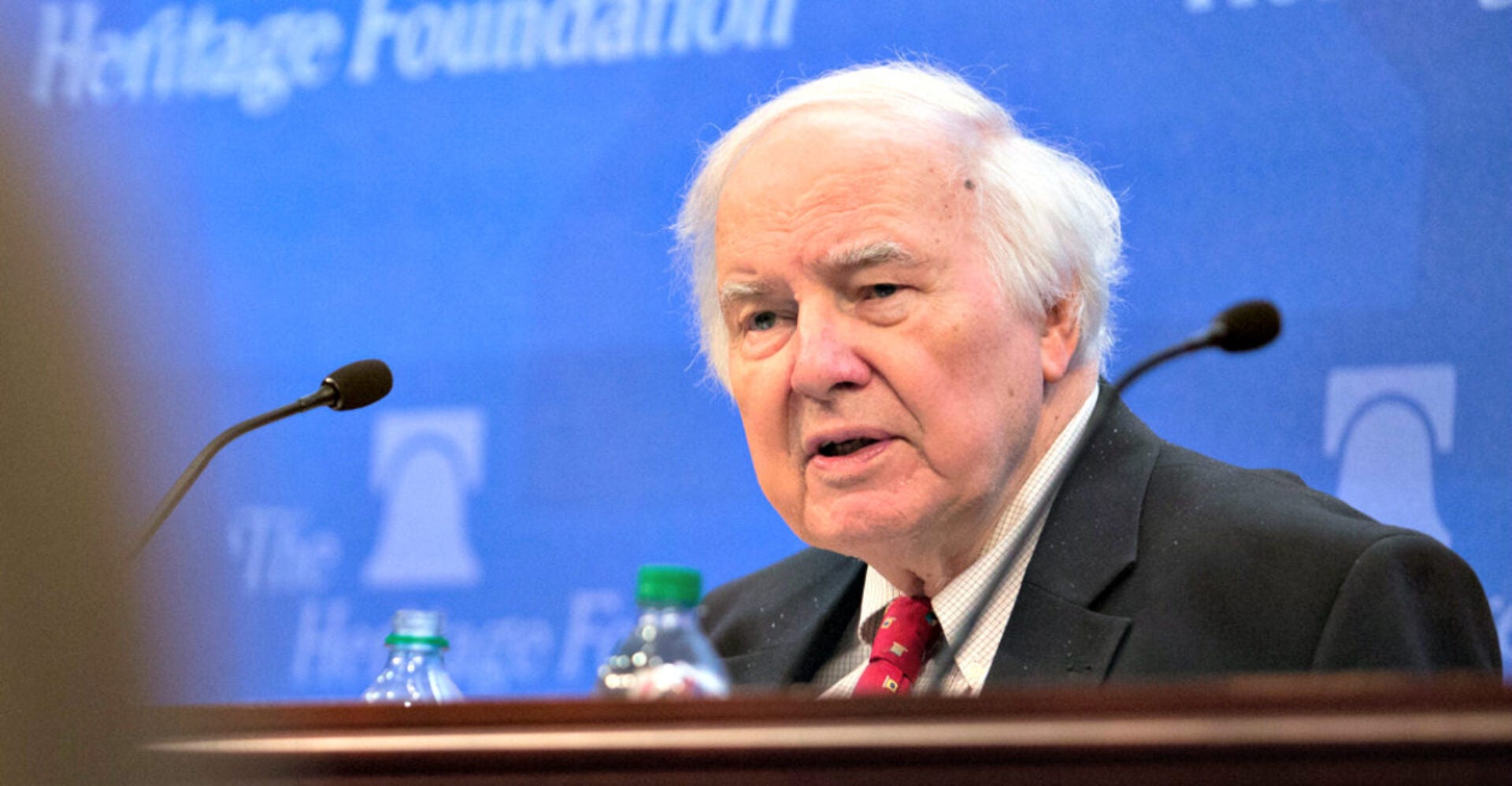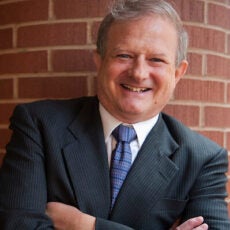
In Memory of Michael Novak: Business Prophet
Michael Novak died on February 17, 2017. He had one of the most original minds I have ever encountered. For much of his career, he was a theologian at the American Enterprise Institute (AEI) examining the interdependence of religion and economics in America. Lunch with him in AEI’s dining room was always a treat. I found Novak, who won the Templeton Prize in 1994, most brilliant in his book The Spirit of Democratic Capitalism.
As a Senior Fellow at the Kleinman Center for Energy Policy, I want to reflect on Novak’s Business as a Calling: Work and the Examined Life (The Free Press, NY, 1996). Novak addressed this book to all “who take the inner life seriously.”
I think this book has special significance for those of us who have devoted (or plan to devote) our careers to the energy industries because it examines the special responsibilities and rewards of working in a business with serious consequences for many. Novak’s thesis is that a “career in business is not only a morally serious vocation but a morally noble one” (emphasis added). I would add that for energy this is especially true. Energy business-persons (including those in public power or other non-profit energy and environment entities) have added much comfort and wealth to other communities – in fact, to the global community. The energy industry has also imposed grave risks on society.
Generally, energy companies apply serious safety cultures to address the health and safety risks energy operations pose to their neighbors, workers and the broader society.
Today, energy professionals must even consider whether current operations endanger the global ecological system – even as they clearly add value to global economic systems.
Novak identified three cardinal virtues of business: creativity, building community, and practical realism.
Regarding creativity. Peter Drucker (quoted by Novak) stated it well: “(t)he ultimate resource in economic development is people. It is people, not capital or raw materials, that develop an economy.” It is creativity that found and exploited coal, oil, natural gas, and renewables. It is creativity that is developing options for new energy paths forward.
In terms of building community, working in the energy industry makes it clear every day that our work is naturally interrelated with others. In fact, utilities, in particular, often include leadership in their communities as part of their business plans.
Finally, Novak identifies “Practical realism” as the modern equivalent of the classical virtue of wisdom. Business leaders almost always pride themselves on their practicality. It has struck me over the years that one of the biggest challenges for energy business and engineering leaders is to be civil to the “idealists” who obstruct their real-world projects and want plentiful, free, renewable, and clean answers instead.
Novak has explored these topics in more detail. If this discussion has piqued your interest, pick up a copy of “Business as a Calling.” It’s a great book to carry on a trip and it’s an easy and quick read.
William Hederman
Independent Senior Adviser, Deloitte and ToucheWilliam Hederman is a former senior fellow at the Kleinman Center and Independent Senior Adviser at Deloitte and Touche.

